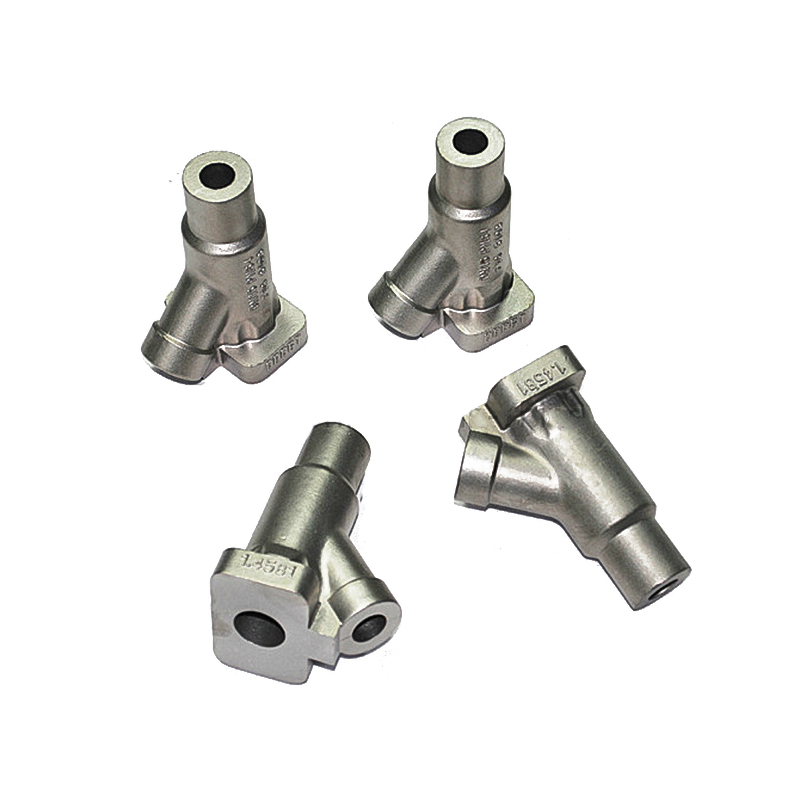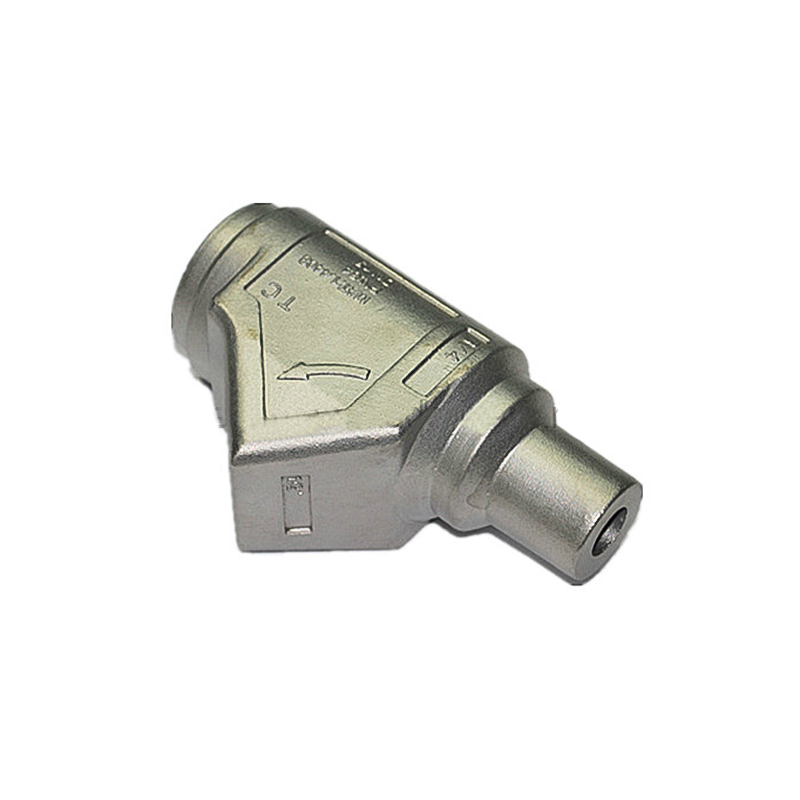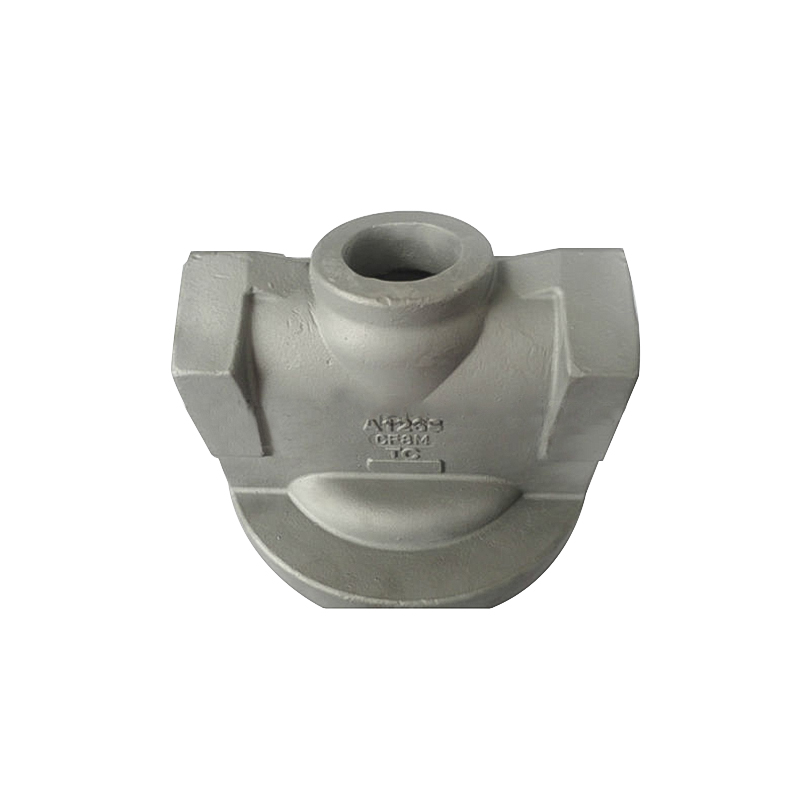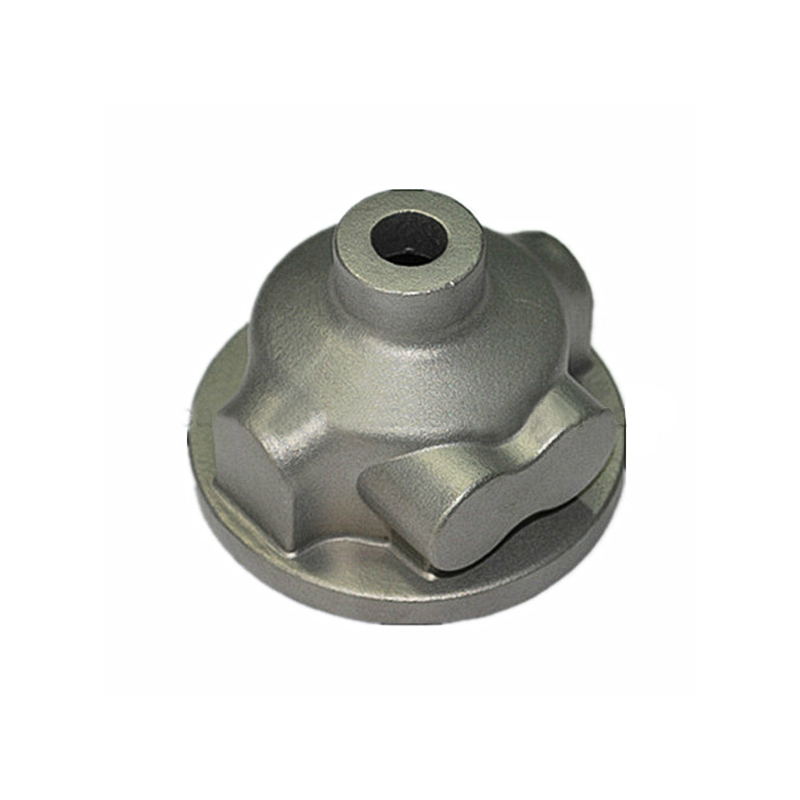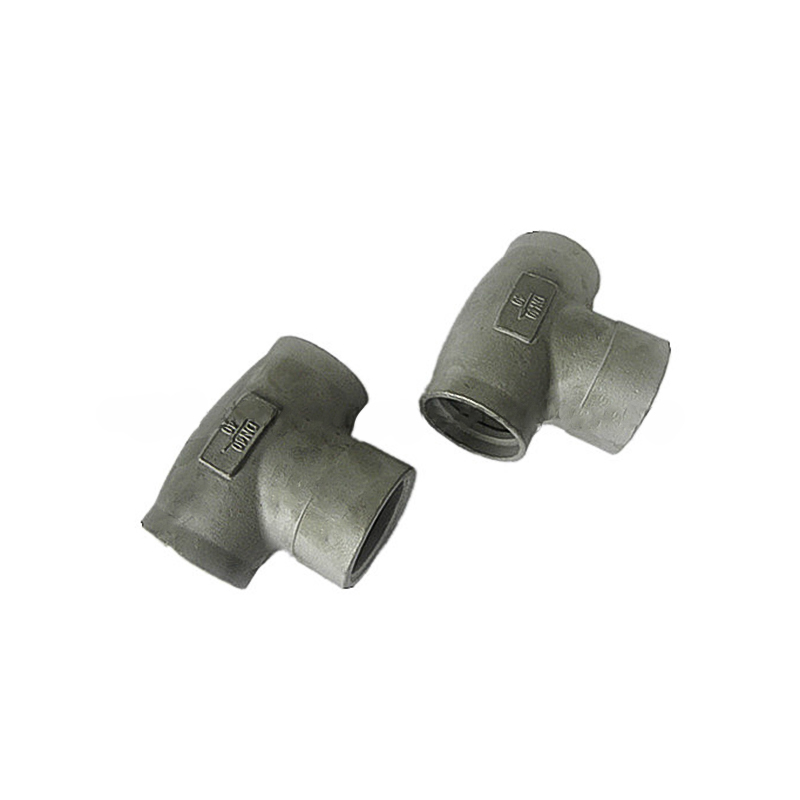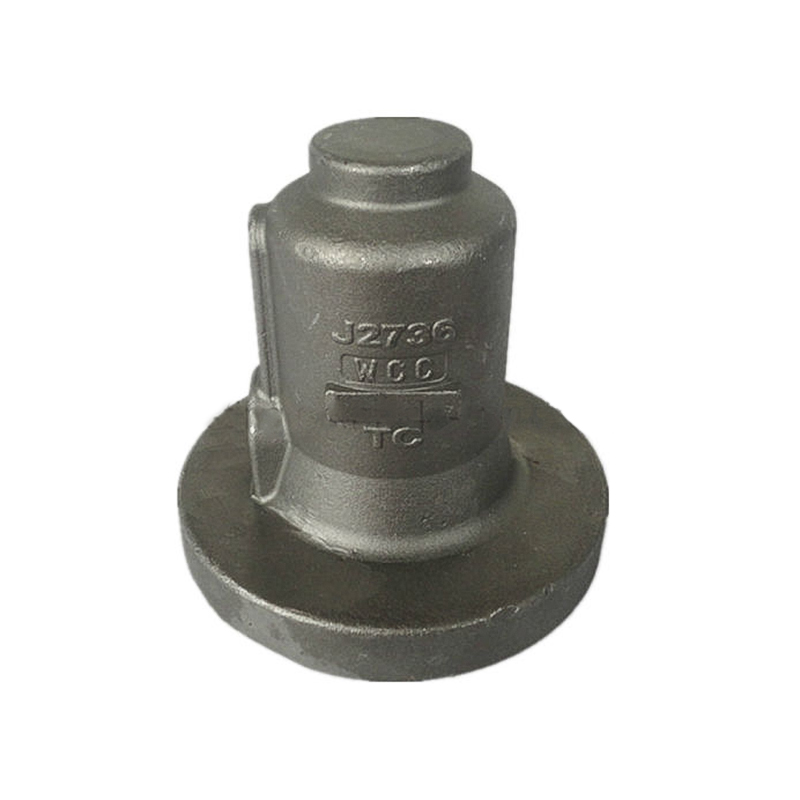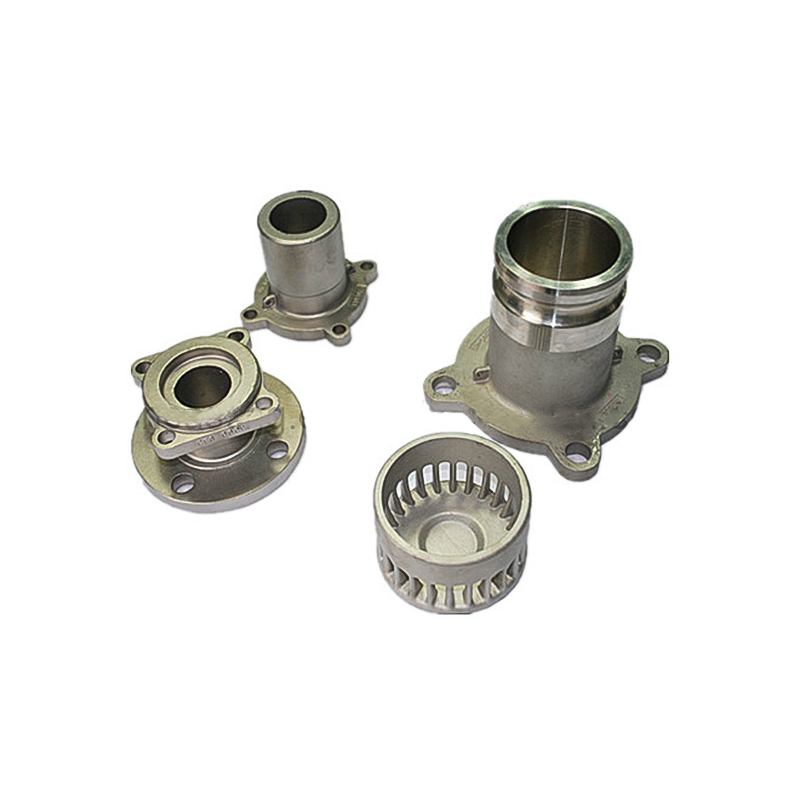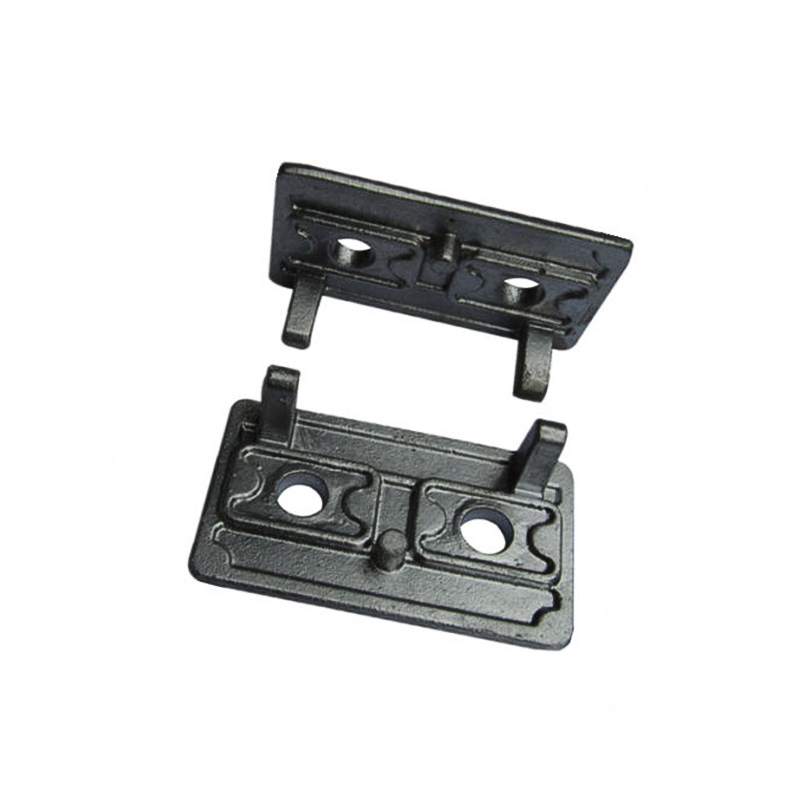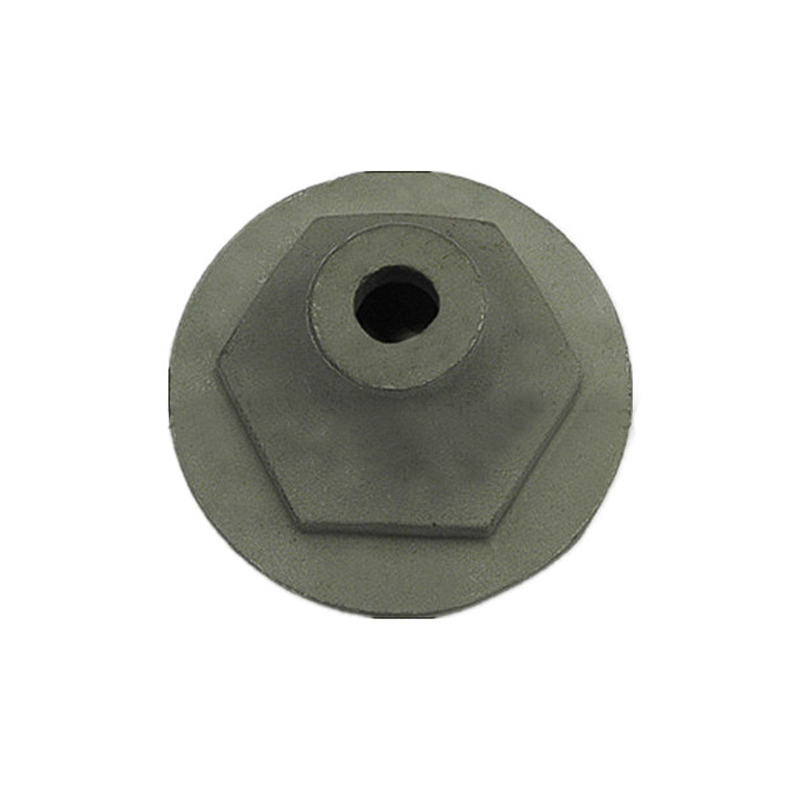Optimization of material selection for Agricultural Machinery Parts
Agricultural machinery parts usually operate under natural conditions such as soil, mud, water, wind and sand, and often face high loads, impacts, vibrations and other working conditions, which requires the parts to have excellent anti-friction, anti-impact, anti-corrosion, wear resistance and other properties. Through material selection optimization, it can be ensured that mechanical parts can work stably and for a long time under these harsh conditions, reduce failures and damage, and reduce maintenance and replacement costs.
The performance requirements of agricultural machinery parts vary depending on the use environment and function. Common agricultural machinery parts such as engines, transmission systems, working tools (such as blades, plowshares), suspension systems, tires, etc., each face different working environments and mechanical requirements, so the requirements for materials are also different. The following are some key performance requirements:
High strength and high toughness: Agricultural machinery parts need to withstand large loads, high impacts and frequent mechanical stresses. For example, transmission gears, bearings, racks, crane arms and other parts will be constantly subjected to pressure and impact during work, so they are required to have high tensile strength, yield strength and good toughness to avoid cracking or breaking during long-term operation.
Wear resistance: Agricultural machinery parts usually work in a friction environment, especially during farming and harvesting, and often come into contact with hard objects such as soil, sand, and stone. Wear resistance is an important criterion for material selection, which can effectively reduce the failure of parts due to wear.
Corrosion resistance: Since agricultural machinery often operates in a humid or corrosive environment, especially irrigation systems or rice harvesters, it is necessary to select materials with good corrosion resistance, such as stainless steel, aluminum alloy, etc., to prevent mechanical parts from corroding due to long-term contact with moisture, fertilizers or pesticides.
High temperature resistance: Some parts of agricultural machinery, such as engine parts, braking systems, etc., may work in a high temperature environment, requiring the material to have high heat resistance to avoid deformation, fatigue or damage due to high temperature.
Fatigue resistance: Some parts of agricultural machinery, such as transmission systems, suspension devices, wheels, etc., are subjected to alternating stress under long-term work and are prone to fatigue damage. Therefore, materials with high fatigue resistance have been widely used in agricultural machinery.
The selection of materials for agricultural machinery parts should comprehensively consider the use requirements, working conditions and economy. Commonly used agricultural machinery parts and components materials include the following categories:
Steel: Steel is one of the most commonly used materials in agricultural machinery parts and components. Steel has high strength, high hardness, good toughness and good processing performance. It is suitable for most agricultural machinery parts and components, especially those that need to withstand large loads and impacts, such as gears, bearings, crane arms, etc. Steel can also be improved by alloying, heat treatment and other means as needed. For example, high-alloy steels such as chrome steel and manganese steel have excellent wear resistance and impact resistance, and are widely used in key parts and components of agricultural machinery.
Cast iron: Cast iron is also widely used in agricultural machinery, especially in occasions requiring good wear resistance and low manufacturing cost. Cast iron has good casting properties and is suitable for mass production of engine bodies, gearboxes, hydraulic pump bodies and other parts. Gray cast iron, ductile iron and other materials are often used in agricultural machinery frames, support structures, etc. due to their wear resistance and high strength.
Aluminum alloy: Aluminum alloy is light in weight, strong in corrosion resistance and good in processing. It is often used in non-load-bearing parts of agricultural machinery, such as housings, structural frames and some transmission parts. Aluminum alloy materials can effectively reduce the weight of machinery and improve fuel efficiency, especially in modern agricultural machinery.
Composite materials: With the advancement of science and technology, the application of composite materials (such as carbon fiber composite materials and glass fiber reinforced plastics) in agricultural machinery has gradually increased. Composite materials have the characteristics of light weight, high strength, corrosion resistance, and wear resistance. They are suitable for agricultural machinery parts that require high strength and high weight reduction requirements, especially some high-end agricultural machinery.
Stainless steel and corrosion-resistant alloys: Agricultural machinery, especially when used in wet or corrosive environments, needs to choose materials with strong corrosion resistance. For example, stainless steel materials are widely used in agricultural irrigation systems, spray systems, and parts that come into contact with fertilizers and pesticides. Corrosion-resistant alloys are often used in exposed parts of agricultural machinery, such as sprinklers and nozzles in farmland operations.
Polymer materials: The application of polymer materials such as polyethylene (PE) and polyurethane (PU) in agricultural machinery has also gradually increased. They have excellent wear resistance, chemical corrosion resistance, and good impact resistance, and are suitable for parts that come into direct contact with soil and fertilizers in farmland operations, such as tracks, drive belts, gaskets, etc.



 English
English Deutsch
Deutsch 简体中文
简体中文
